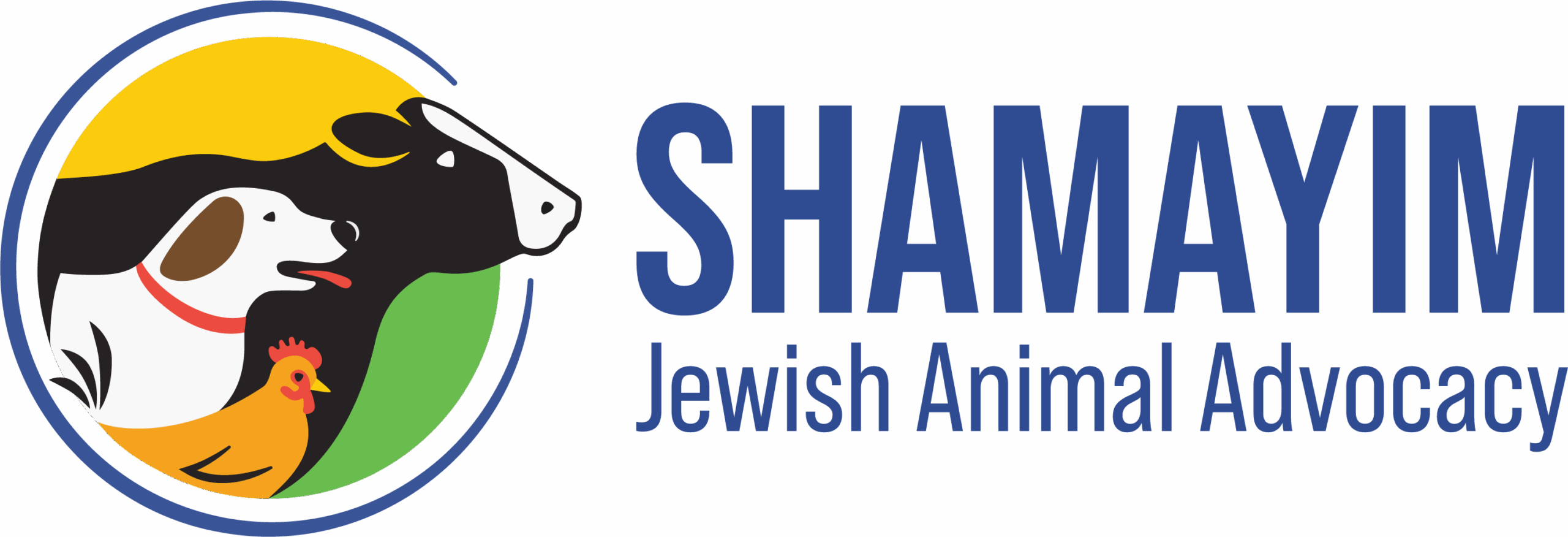The intersection of Jewish traditions and veganism is a nuanced area that merits exploration, especially when it comes to the policies within Jewish institutions. When it comes to these organizational decisions, it is important to consider the connections between ethical dietary choices and the global call for sustainable practices in order to best honor our Jewish values and beliefs.
Judaism, with its deep-rooted traditions and ethical principles, already provides a framework for conscientious dietary choices. The concept of “kashrut” (kosher dietary laws) involves not only the selection of permissible foods but also the ethical treatment of animals. It is a sad but true reality that most animals who are raised and slaughtered to be sold as kosher meat undergo the same reality and suffering as other animals in factory farms. The principles of veganism honor the ethical treatment of animals by default. By embracing the ethical foundations of Jewish dietary laws and going plant-based, institutions can align their policies with a broader ethical framework, fostering a culture of responsibility and compassion.
Tikkun Olam, the Jewish concept of repairing the world, serves as a guiding principle for ethical conduct. Veganism, as a lifestyle that seeks to address issues such as animal welfare, environmental degradation, and global food insecurity, aligns with the broader goals of Tikkun Olam. Institutions can position themselves as leaders in social responsibility by integrating vegan options into their menus and actively promoting awareness of the ethical and environmental impact of food choices.

Beyond the ethical implications of consuming animal products, it is important to consider the problem of environmental sustainability. The production of animal products is resource-intensive, contributing significantly to deforestation, water pollution, and greenhouse gas emissions. Aligning with Jewish values of stewardship over the Earth, institutions can recognize veganism as a pathway to minimize their environmental footprint.
Ethics and environment aside, by recognizing the diverse dietary needs of their members, institutions can demonstrate a commitment to inclusivity. By offering a range of plant-based options that align with both Jewish traditions and ethical eating principles, institutions can create spaces that accommodate diverse perspectives and foster a sense of community. It is worthwhile to note that 60-80% of Ashkenazi jews are shown to be lactose intolerant, with another study showing 89% prevalence of lactose intolerance in Israel– just another reason to go dairy-free.
By integrating sustainable food policies that prioritize plant-based options, institutions can contribute to the broader goal of environmental responsibility while respecting Jewish traditions that emphasize our shared responsibility for the planet and all those who inhabit it.
In the spirit of Tikkun Olam, let us navigate this intersection thoughtfully and pave the way for a more sustainable and ethically conscious future.
If you are interested in implementing veganism into your own institutional policies, we have 5 ways to help you jump start this initiative:
- Synagogue Vegan Challenge: We provide training, education, and funding for Jewish communities to incorporate vegan programming for a year
- Shamayim Campus Fellows: We give Jewish vegetarian and vegan college students the tools and support they need to educate their communities about animal advocacy and host vegan events
- Jewish Food Ethics Debate: Rabbi Shmuly Yanklowitz (vegan) will debate your non-vegan Rabbi or spiritual leader, and the winner will win $5,000
- Go Anti- Veal: Commit your institution to not serving veal
- Egg- Free Challah: Through our Egg-Free Challah Program, you can commit your synagogue, Hillel, or other community organization to baking vegan challah at least once a month, reducing both water usage and reliance on animal products with minimal effort.


Leave a Reply